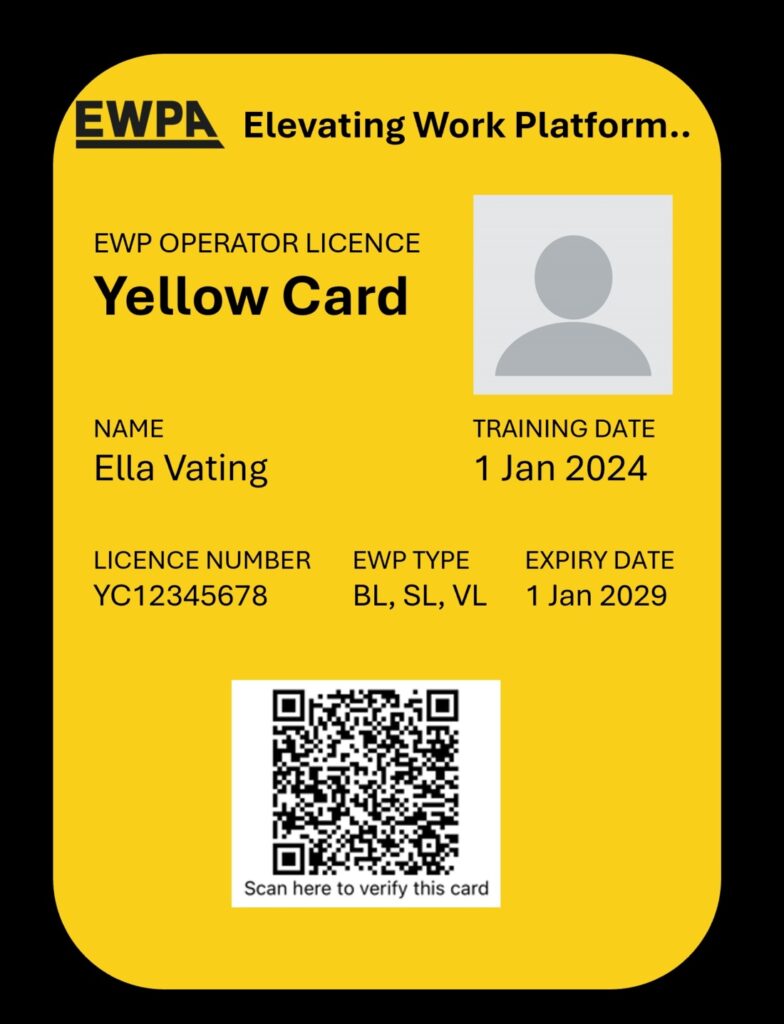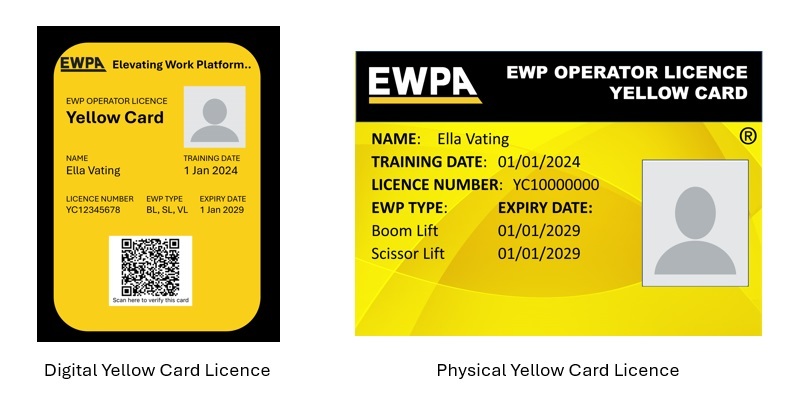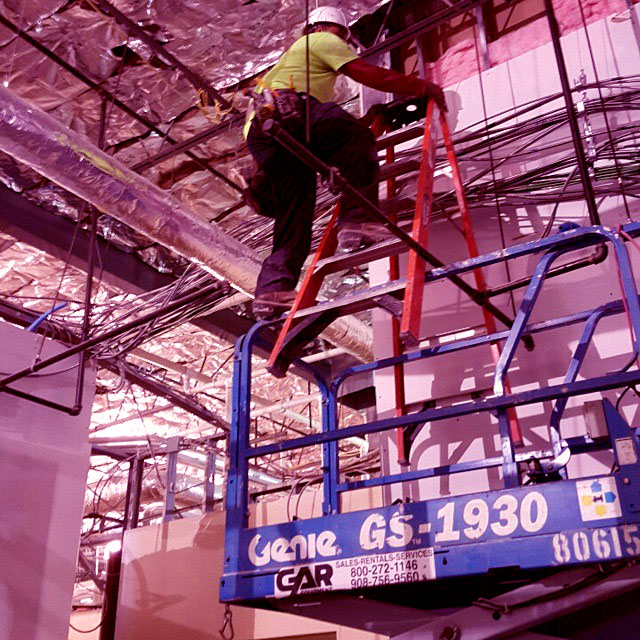When you need access equipment for a job—whether it’s a scissor lift, stick boom, knuckle boom, spider lift or any other elevated work platform (EWP)—speed and location matter. At ScissorHire.com, we make it easy to find the right EWP hire near you, anywhere across Australia.
From city skyscrapers to regional construction sites, you can find exactly what you need, fast. Whether you’re working at height in the heart of Sydney, managing a project in Melbourne, or coordinating a job in Brisbane, ScissorHire.com connects you with local providers of access equipment in just a few clicks.
A Wide Range of Access Equipment
ScissorHire.com isn’t just for scissor lifts. Our network includes:
- Scissor Lifts – Ideal for flat, stable surfaces indoors or out.
- Knuckle Booms (Articulating Booms) – Perfect for navigating around obstacles and reaching difficult angles.
- Stick Booms (Telescopic Booms) – Great for maximum horizontal outreach.
- Spider Lifts – Lightweight, compact, and perfect for tight-access areas or sensitive flooring.
- Vertical Lifts, Cherry Pickers, Trailer-Mounted Lifts, and more.
No matter what kind of elevated work platform you need, we help you find it where you need it.
Find Local EWP Hire in Major Cities
We proudly support EWP hire availability in every Australian capital city, including:
- Sydney, NSW
- Melbourne, VIC
- Brisbane, QLD
- Perth, WA
- Adelaide, SA
- Hobart, TAS
- Canberra, ACT
- Darwin, NT
Whether your worksite is in the CBD or the outer suburbs, ScissorHire.com makes it easy to find local suppliers ready to meet your access hire needs.
Supporting Australia’s Key Regional Centres
We know the importance of regional Australia. That’s why ScissorHire.com also covers major regional hubs, including:
- Newcastle, NSW
- Wollongong, NSW
- Geelong, VIC
- Ballarat, VIC
- Bendigo, VIC
- Toowoomba, QLD
- Cairns, QLD
- Townsville, QLD
- Sunshine Coast, QLD
- Rockhampton, QLD
- Mackay, QLD
- Bundaberg, QLD
- Launceston, TAS
- Devonport, TAS
- Mount Gambier, SA
- Whyalla, SA
- Kalgoorlie, WA
- Bunbury, WA
- Alice Springs, NT
- Broome, WA
- Tamworth, NSW
- Albury-Wodonga, VIC/NSW
No matter where you’re working, ScissorHire.com puts the best local access equipment providers at your fingertips.
Why Choose ScissorHire.com?
- Localised Results – Use our location-based search to find equipment where and when you need it.
- Huge Range – From common models to specialist machines, our database is packed with options.
- Fast and Easy – No more calling around. Compare suppliers, availability, and features all in one place.
- Trusted Network – We work with verified equipment providers across the country.
One Site, Australia-Wide Access
From remote mining sites in Western Australia to large-scale developments in South-East Queensland, ScissorHire.com is the smart choice for anyone needing EWP hire across the country.
Whether it’s a last-minute cherry picker in Hobart, a long-reach boom lift in Darwin, or a fleet of scissor lifts for a project in Canberra, ScissorHire.com helps you find what you need—fast.
Don’t waste time searching – get straight to the equipment you need. Visit ScissorHire.com today and discover Australia’s most efficient way to hire access machinery.



